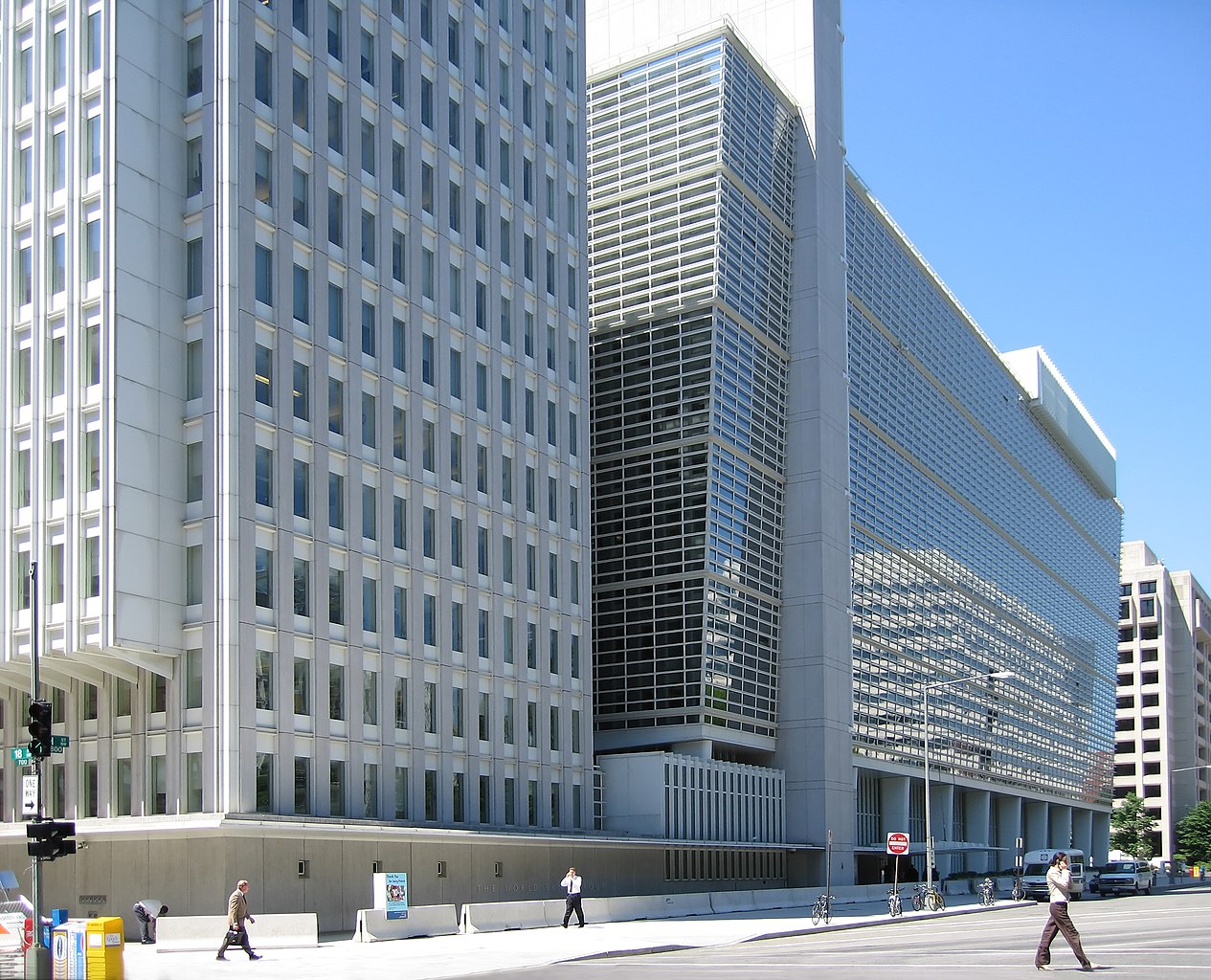The World Bank has warned that despite recent economic reforms, an estimated 139 million Nigerians remain in poverty, underscoring the gap between macroeconomic progress and the daily realities of households.
Reforms and Progress
Speaking at the launch of the Nigeria Development Update (NDU) in Abuja, World Bank Country Director Mathew Verghis commended the government for implementing bold reforms, including the removal of fuel subsidies and exchange rate unification. These measures, he noted, have helped stabilize the economy by boosting revenues, improving debt indicators, and strengthening foreign reserves. Inflation has also begun to ease after months of sustained pressure.
Persistent Challenges
Despite these gains, Verghis cautioned that poverty levels continue to rise, with millions of Nigerians struggling under the weight of high food inflation and eroded purchasing power. Food prices, he stressed, disproportionately affect the poor and risk undermining public support for reforms.
The report also highlighted concerns over increased allocations from the Federation Account Allocation Committee (FAAC), urging more efficient use of public resources and stronger safety nets to shield vulnerable households from economic shocks.
Call for Structural Reforms
The World Bank urged Nigeria to complement monetary and fiscal policies with structural reforms in agriculture and food systems. Recommendations include:
- Expanding affordable and sustainable food production.
- Supporting small-scale farmers with nationwide programmes.
- Investing in agro-food preservation and processing to reduce waste and improve profitability.
- Developing export-oriented agro-industries to generate foreign exchange.
Outlook
While Nigeria’s reforms have laid a foundation for long-term growth, the World Bank warned that without urgent action to address food inflation and poverty, the benefits may not translate into improved living standards. “Stabilisation gains are real, but many Nigerians are still struggling,” Verghis said.
- Nigeria Development Update, World Bank, October 2025. ↩
World-Bank-building-at-Washington-Picture-by-Dr-Junge



